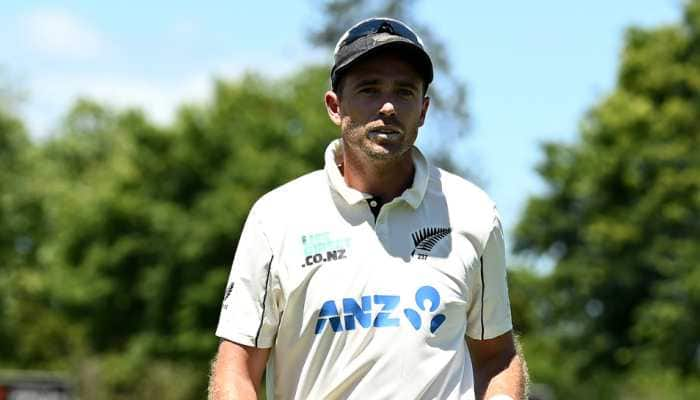ISRO’s GSLV-D5 slated for August 19 launch
Indian Space Research Organisation, ISRO said on Tuesday that it is gearing up to flight-test its GSLV-D5 with indigenous cryogenic engine on August 19.
Trending Photos
)
Zee Media Bureau
Bangalore: Indian Space Research Organisation, ISRO said on Tuesday that it is gearing up to flight-test its GSLV-D5 with indigenous cryogenic engine on August 19.
ISRO’s announcement came after a national team of experts gave the go-ahead. The team included Prof U R Rao and Prof Roddam Narasimha and academics associated with ISRO’s rocket programme.
“The moment we are talking about is August 19th, as a tentative schedule and the time is around 5 PM,” said ISRO Chairman K Radhakrishnan. “Vehicle (GSLV or rocket) is already assembled and we have done electrical checks on the vehicle”, he said. “We have done nearly 35 ground tests since we had the April 2010 failure, on sub-systems, on the engine and on a similar engine in high altitude conditions”.
The space agency designed and developed some components itself and not sourced from outside.
While other operational rocket, PSLV, has limitations up to what mass it can handle, India’s largest rocket GSLV, having a cryogenic engine, can develop more thrust and can carry heavier communication satellites to a much higher orbit above the earth.
“Cryogenic route has to be there for the future of the larger communication satellites”, Radhakrishnan, also Secretary in the Department of Space, explained, noting that ISRO took up indigenous cryogenic engine programme in 1992.
He also said the August 19 mission is technically and emotionally important as the previous venture was a failure. “We have to see through. Stakes are very high, seriousness is very high. Entire organisation feels for it. For the last three years, we have been at it”.
ISRO’s GSLV-D5 is now slated for launch, with GSAT-14 satellite on board from Sriharikota spaceport more than three years after the failure on flight testing of the indigenous cryogenic stage in GSLV-D3 mission.
This failure was attributed to the anomalous stopping of Fuel Booster Turbo Pump (FBTP).
After the unsuccessful April 15, 2010, mission, ISRO conducted extensive failure analysis studies and reviews. ISRO officials said cryogenic stage FBTP was modified as per GSLV-D3 failure analysis committee recommendations and qualification tests carried out.
With PTI inputs
Stay informed on all the latest news, real-time breaking news updates, and follow all the important headlines in india news and world News on Zee News.
Advertisement
Live Tv
Advertisement







)
)
)
)
)
)
)
)
)
)
